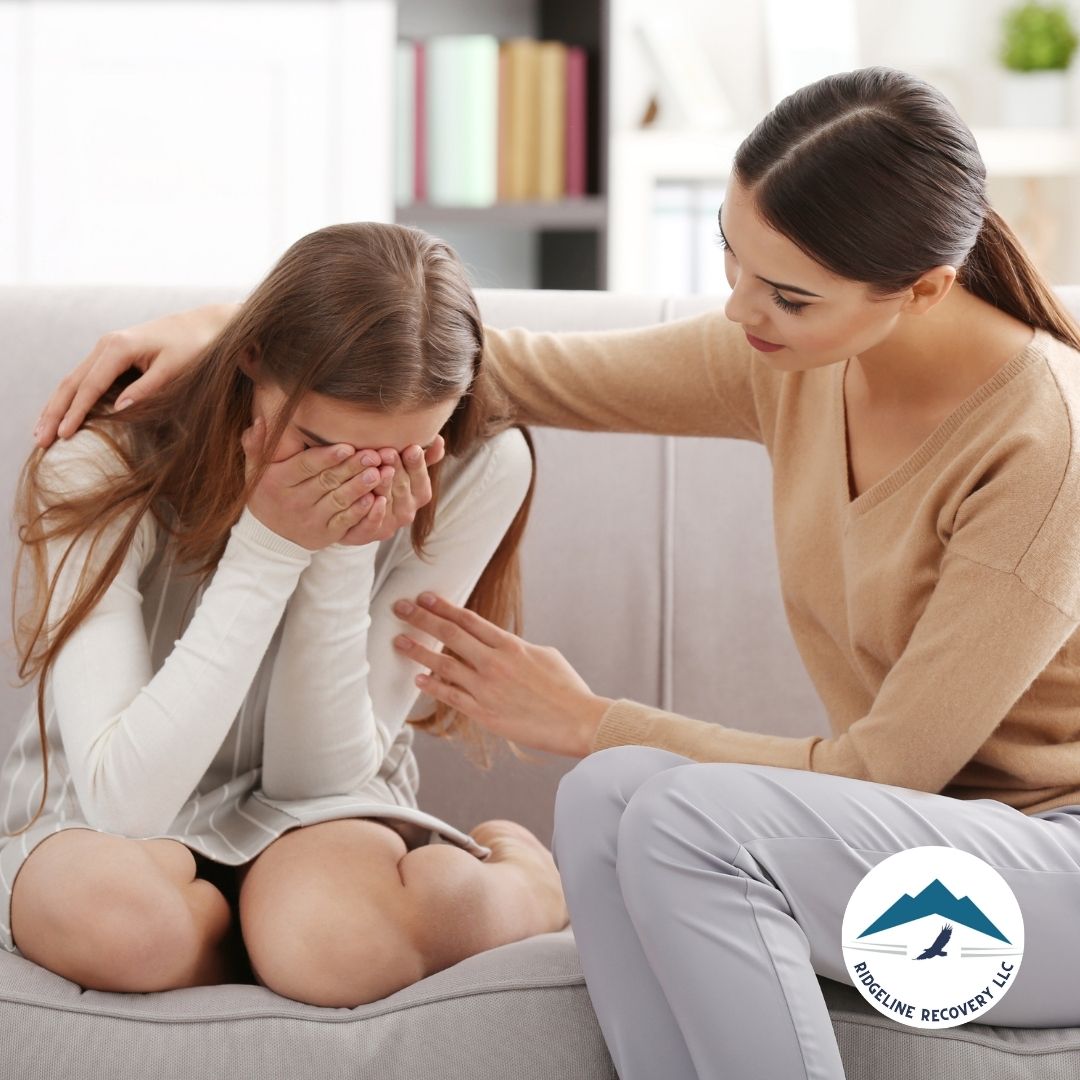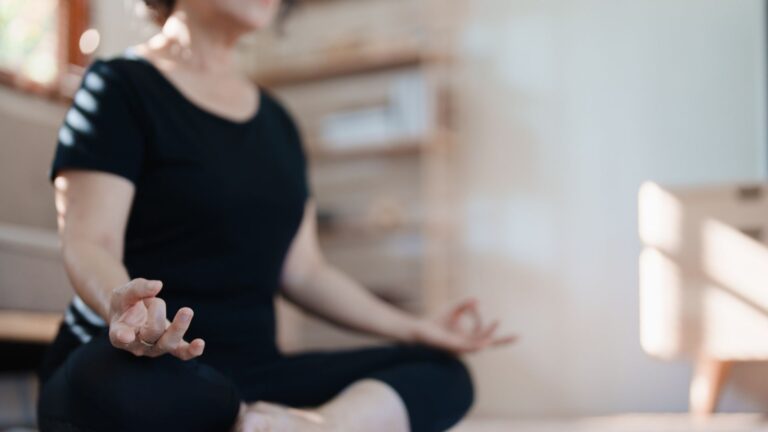When it comes to addiction recovery, inpatient programs are often the most effective solution for individuals struggling with substance abuse and mental health challenges. These structured programs provide a safe and supportive environment where individuals can focus entirely on their healing process. If you’re searching for the best inpatient programs in Ohio, this guide will walk you through everything you need to know.

What Are Inpatient Programs?
Inpatient programs are residential treatment plans where individuals live in a facility for a set period while receiving 24/7 medical and therapeutic care. Unlike outpatient treatment, inpatient programs eliminate distractions and temptations, creating an immersive healing experience.
Key Benefits of Inpatient Programs:
- 24/7 Medical Support – Constant access to healthcare professionals.
- Structured Routine – Daily therapy sessions, group meetings, and wellness activities.
- Safe Environment – Removed from triggers that may cause relapse.
- Comprehensive Care – Focuses on mental, emotional, and physical recovery.
For those battling addiction in Ohio, inpatient programs offer a stable foundation for long-term recovery. Ridgeline Recovery provides comprehensive treatment plans tailored to each individual’s needs.
How Inpatient Programs Work
Step 1: Assessment and Admission
Upon arrival, each patient undergoes a full assessment to determine their medical history, addiction severity, and mental health status. A personalized treatment plan is then created.
Step 2: Detoxification
For many, detox is the first phase. Medical professionals oversee this process to ensure safety and manage withdrawal symptoms effectively. Understanding Inpatient Rehab and Medicaid Coverage can help you explore options for financial assistance.
Step 3: Therapy and Counseling
A combination of individual, group, and family therapy is provided. Cognitive Behavioral Therapy (CBT) and Dialectical Behavioral Therapy (DBT) are commonly used techniques to address the root causes of addiction.
Step 4: Skill Building and Life Preparation
Many inpatient programs include workshops that teach coping mechanisms, stress management, and relapse prevention strategies.
Step 5: Transition to Aftercare
Upon completing an inpatient treatment, transitioning to an outpatient program or sober living home is recommended. Learn more in Ohio Sober Living Homes: Your Guide to Halfway Houses and Recovery Support.
Who Should Consider Inpatient Programs?
Not everyone requires inpatient care, but for individuals facing the following challenges, it can be life-changing:
- Severe substance dependency
- Co-occurring mental health disorders
- Previous relapses
- Unsafe home environments
- Lack of strong support systems
If you or a loved one fits this description, exploring residential treatment options is essential. Residential Treatment Centers Ohio: The Path to Lasting Recovery offers insight into how inpatient care can provide long-term solutions.

Types of Therapy in Inpatient Programs
1. Individual Therapy
Personalized one-on-one sessions to explore emotional triggers and develop coping strategies.
2. Group Therapy
Peer support plays a significant role in recovery. Group therapy fosters connections and shared experiences.
3. Family Therapy
Addiction affects families too. Sessions with loved ones help rebuild relationships and establish healthier communication.
4. Holistic Therapies
Many inpatient programs incorporate yoga, meditation, art therapy, and music therapy as part of the healing process.
Cost and Insurance Coverage for Inpatient Programs
The cost of inpatient treatment varies based on factors like location, duration, and level of care. However, financial aid options exist:
- Private Insurance – Many policies cover addiction treatment.
- Medicaid/Medicare – State-funded programs may be available.
- Sliding Scale Payment Plans – Facilities offer payment flexibility.
The Importance of Support Groups Post-Treatment
After completing an inpatient program, maintaining sobriety requires ongoing support. AA (Alcoholics Anonymous) and NA (Narcotics Anonymous) meetings are excellent resources. Discover more about these life-changing groups in AA and NA Meetings in Columbus, Ohio.
Trivia Time! Did You Know?
Many inpatient programs integrate equine therapy, which involves working with horses to help develop emotional regulation and self-confidence. Studies show that interacting with animals can significantly reduce anxiety and depression.
Frequently Asked Questions (FAQs)
1. How long do inpatient programs last?
Most programs range from 30 to 90 days, but longer stays may be recommended depending on the severity of the addiction.
2. Can I have visitors during my inpatient stay?
Yes, most facilities have designated visiting hours to allow family and friends to offer support.
3. What should I pack for an inpatient program?
Essentials like comfortable clothing, toiletries, a journal, and any prescribed medications are allowed. Each facility has its own guidelines.
4. What happens if I relapse after inpatient treatment?
Relapse is not failure—it’s part of the recovery journey. Many inpatient programs offer aftercare and relapse prevention plans to help patients get back on track.

Take the First Step Toward Recovery
If you or a loved one is struggling with addiction, inpatient programs can provide the support and structure needed for lasting change. Ridgeline Recovery offers top-rated addiction treatment services in Ohio.
Contact us today to learn more about how we can help you start your recovery journey!







